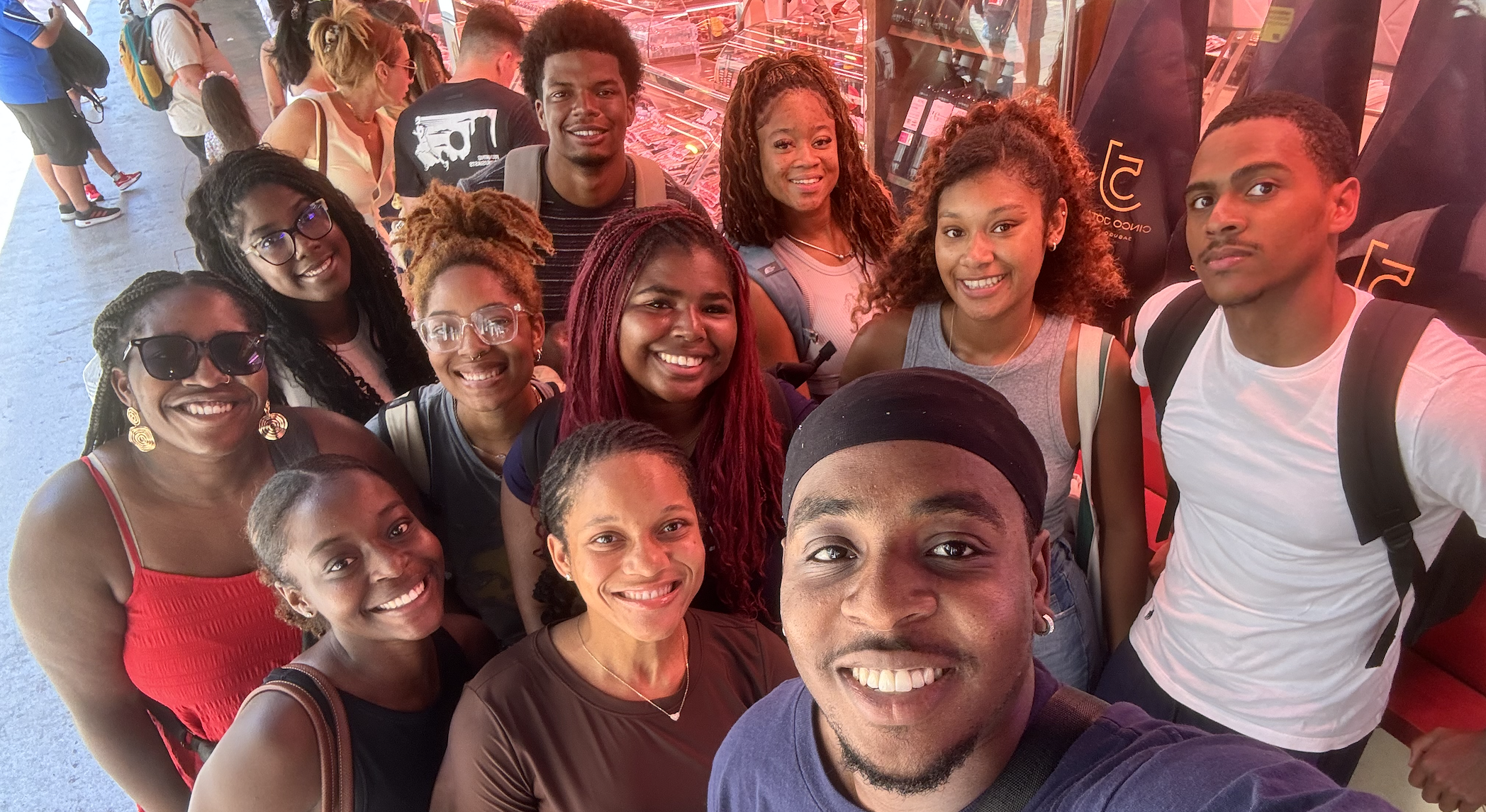Here is an update on what has been happening politically since my last email:
Public opinion:
There have been huge, peaceful, demonstrations in Catalonia including a march on October 3rd on a day that was declared a general strike where many offices and public buildings closed down to protest the police violence during the October 1st referendum vote. Most flags waved that day were independence flags. There was a smaller protest this past Saturday encouraging dialogue with no flags and slogans that said “parlem/hablemos”, or “Let’s Talk”, and a protest this past Sunday with many Spanish flags, together with Catalan flags that were pro-unity of Spain-one of the first times that the “anti-independence voice” came out on the street. These were all peaceful protests with hundreds of thousands of people.
Did the President of the Generalitat, the Catalan Government, declare independence?
Just a few hours ago, Carlos Puigdemont, President of the Generalitat, spoke to the Catalan Parliament. There was wide speculation that his speech would be the Unilateral Declaration of Independence of Catalonia that many of the independence movement supporters are encouraging. This did not end up happening, exactly. He gave a long speech outlining Catalonia’s grievances with Spain, expounding the results of the vote, and decrying the denial of a proper vote due to interference from Spanish police, but in the end he said the declaration of independence will be put on hold for “some weeks” to allow dialogue. He also added: “If everyone acts responsibly the conflict can be resolved in a calm and agreed manner.” He then signed a declaration of independence with some others of the parliament but is putting the effects on hold for now. Confusing, right?
What happens next?
We still don’t know! There are many factions within the Catalan parliament, some outright disagree with Puigdemont and think that any mention of independence is harmful to Catalonia and should end, there are others that say he has not done enough and should just declare independence and others who are pushing for dialogue. Will the European Union have a say in this? We don’t know, but different members of the European Council are getting involved it seems. Of course, the Spanish government came out 100% against the President’s speech and any talk of independence as it is illegal under the Spanish constitution. If the declaration of independence goes through fully, the Spanish government has threatened to use Article 155 of the constitution which essentially means that Catalonia would lose some of its autonomy and become fully under Spanish jurisdiction.
Do we need to do anything different with our students?
Our students onsite are living through a historic period here. This topic has come up with every class, every homestay meal, and every interaction with staff. They are getting a crash course in Political Science. Tonight we had our intercambio night (language exchange) where we set our students up with local university students and they get to practice their English and Spanish and talk about cultural topics. They were able to get first-hand knowledge from local students their age about these issues. I think that this is what Study Abroad is all about. In my opinion, the only thing we need to do differently at this point is to make sure that they are staying up-to-date on the news and that they know that that these protests are largely peaceful, but they should keep their distance in case they flare up.
Want to know more?
Again, it’s impossible to sum up this complex situation in a quick email but I hope this gives you a little more insight into what’s going on and helps you talk with parents and students.
Here is a good article from The Guardian to learn more with several links at the bottom to dig even deeper. Here is an article in English from the Spanish newspaper El Pais.
If you have any questions or concerns, please feel free to ask. I’m not an expert on Spanish constitutional law, nor can I see the future, but I’m happy to help where I can.
Sincerely,
Rich



